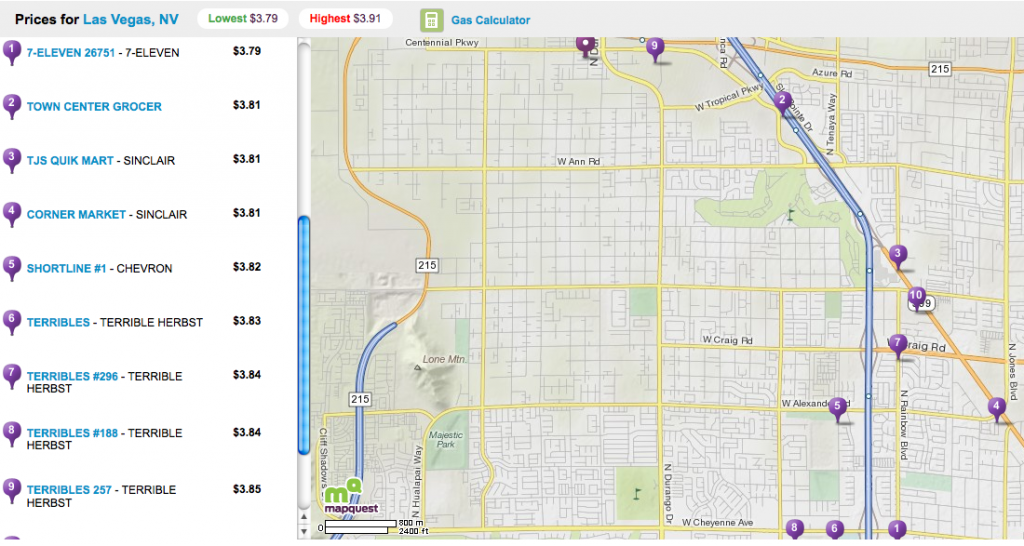In many white-collar and no-collar office jobs that don’t pay overtime, there’s implicit pressure to stay on the premises as long as it takes to get things done. The most malleable employees embrace this, bragging about how late they stick around. In other words, how much free labor they surrendered.
“I was here until 8 last night.” “I stayed until midnight.” “Guys, I’ve been here since Saturday.”
And so continues the saddest game of one-upmanship ever. This is madness dressed as servitude. The immediate reactionary argument is, “You have to do it if you want to get ahead”, so here’s a real-world example of how futile the practice is.
Your humble blogger once worked at an ad agency (oh what the hell, it was this one. That bridge got napalmed a while ago.) At this particular agency, as at many businesses that hire lots of relatively young people, it was understood that employees were to work past the de jure end of day codified in the company handbook. Weekly, and usually several times a week, they’d remain until way past dark, finishing projects and giving of their time. Leaving on time was an anomaly and raised stares all around. Sometimes it raised more than stares, as other employees would openly question anyone who dared to leave the premises and enjoy life once that day’s employee-employer covenant had been fulfilled.
If a salaried employee honors her end of the bargain, and works productively during the hours prescribed in the company handbook, what recourse does that leave for the employer? Where does he get to exercise any discretion? Christmas bonuses, of course.
From the perspective of a ruthless and manipulative boss, this is a magnificent situation. You know that most employees are far too timid to discuss salaries with each other, nor will they even discuss any one-time only payments. Therefore you can mete out favors of varying sizes among your employees, and only you and your inner circle will know who’s getting rewarded for their service and who’s getting cold gruel.
Unless you’ve got two employees who conspire to expose the ruse.
This same business had the ludicrous practice of soliciting donations among the employees to buy Christmas gifts for the two owners, one of whom is Jewish. No joke: the executive vice president would go cubicle to cubicle, asking employees to hand over more than a few bucks (suggested donation: $20) to contribute to the fund that would buy the bosses something they’d forever treasure. This in a company that at its zenith had 160 people in its employ.
Maybe in the company’s nascence, when there were 8 employees and the bosses might have had to reach into their own pockets to cover payroll, would this have made sense. But after several profitable years, the executive vice president was still soliciting donations for this charade. That the owners played along, pretending to have no knowledge of the forced largesse being assembled on their behalf, was part of the game. Even better, they’d never utter a word of thanks. The best you could hope for was a message from the executive VP remarking on how much the owners liked their gifts, insincere emails of gratitude being beyond the owners’ capacity. Better still, the executive VP either had a poor memory or didn’t care. One year she claimed that the funds collected went to buy iPods for the owners, even though they’d received iPods the prior year. The owners almost certainly just pocketed the cash, but that didn’t stop one employee (no one connected with Control Your Cash, though we wish it were) to send an email to the executive VP, and cc everyone, asking if he could have one of last year’s iPods.
Department heads were employed as sergeants in this money grab, placing additional pressure on their underlings to cough up contributions. Most employees complied, admitting that it was because they feared that the size of their donations correlated to the size of their upcoming bonuses. In that respect, “donating” almost became an investment. Almost.
Ultimately, two employees – friends who shared an office and were close enough that they spoke candidly to each other about how much money they made – conducted an experiment. They happened to draw the exact same salary, and agreed that one would give $20 to the Christmas fund, while the other would hold his ground no matter how much he was pressured not to.
A week later, their bonuses came. And differed by $500.
Again, the consensus opinion among employees – the vast majority who didn’t leave at 5:01 every day like the building was on fire, that is – was that the only way to get ahead was to stay behind. But doing this doesn’t tell your boss that you’re upwardly mobile. It tells him that he can drastically lower his labor cost numbers when submitting bids for new business.
A little estimation showed that the average employee at this joint stayed a total of 7 hours, after hours, every week. Times 50 weeks, that’s 350 hours. Pay the necessary $20 tithe, and for a net $480 in personal profit after showing oneself to be an obedient and generous employee, the net benefit to staying late was…
$1.37 an hour.
So technically, employees weren’t giving their time away. They were merely working for less than a fifth of minimum wage.
The point isn’t that this is a story about the most heartless boss this side of Simon Legree. The point is that unless you’re his niece or son-in-law, your boss is probably doing something similar, but at least being more discreet about it. Both participants in the Bonus Test quit long ago, but the Christmas alms practice continues.
If you want to do volunteer work, give Catholic Charities or your local animal shelter a call. But don’t donate the time you spend doing what you do professionally. If you don’t value your time, why should anyone else?
Come at the assigned hour, leave at the assigned hour. Your employer is not your superior, he’s your equal partner in an exchange: your time for his money. You wouldn’t give the checker an extra 10% at the supermarket, so how is this any different?
**This article is featured at the Carnival of Personal Finance #321-The Fraud Edition**





